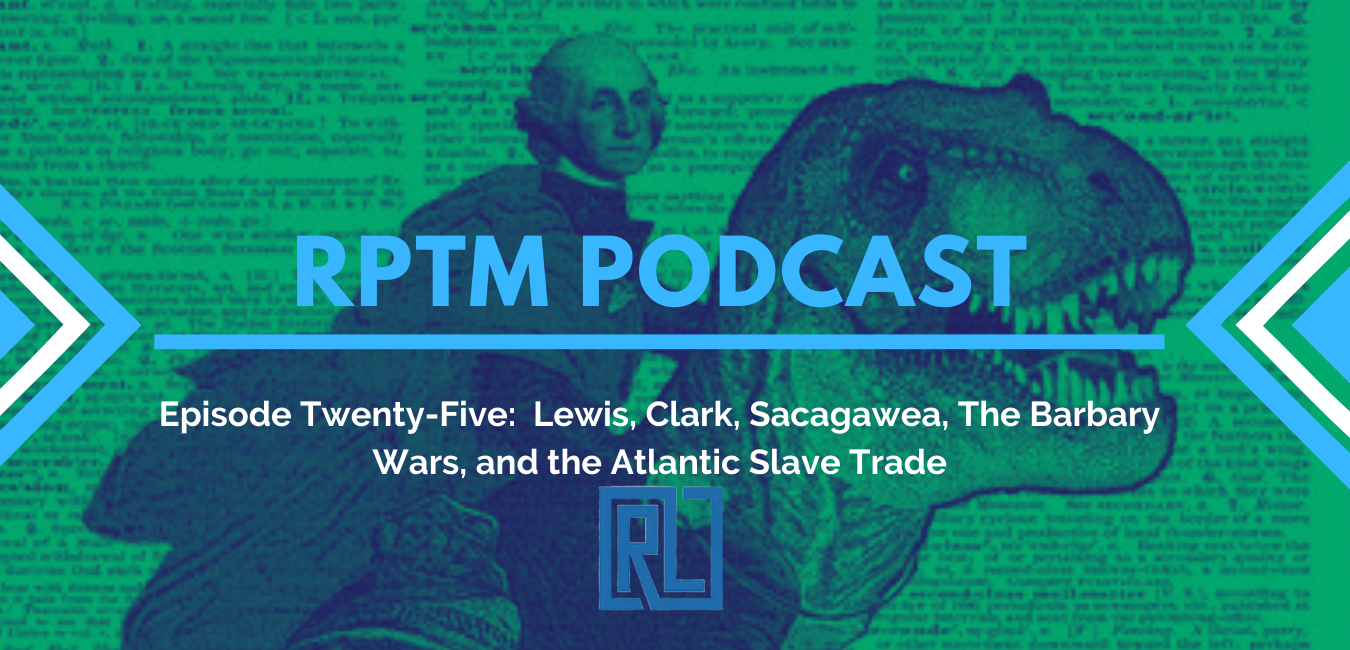|
Continuing our expose into pseudo-history: Anecdotes. The difference between history and anecdote is that history is the aggregate of past events. In contrast, an anecdote is a short account of an actual incident or person, often humorous or exciting. Anecdotal evidence is a story told by individuals. It comes in many forms that can range from product testimonials to word of mouth. It's often testimony, or a short account, about the truth or effectiveness of a claim. Typically, anecdotal evidence focuses on individual results, is driven by emotion, and is presented by not subject area experts.
Humans are more likely to tell and remember dramatic, extraordinary personal stories. Throw in some emotion, and you're more likely to believe the story. In psychological terms, statistical analysis of carefully collected data from well-designed experiments lacks that emotional kick. Sad but true. Anecdotal evidence can be a powerful tool to derive unique insights from your data if used properly. If you have a disciplined approach, that information won't mislead you; it can generate a better understanding of what you're researching. If there's one takeaway, it's this: let anecdotal evidence drive your questions, and data analytics support the answers. The historical method plays a crucial role in your data analytics process. Systematically testing your thesis and communicating the conclusions from the results is how data helps us make more informed strategic decisions. However, do not be misled by the term "data science," as there is an art to it as well. There is practically an infinite number of theses to develop when approaching history. Therefore, choosing the one to test is an art form; it allows and often requires creativity to gain the most valuable insights. Anecdotal evidence provides us with additional information beyond that of a typical data point. There could be counter-intuitive patterns present in those stories or variables you hadn't thought to consider.
CHAPTERS 0:37 Intro 3:01 Lewis and Clark 15:34 Sacagawea 23:02 The Barbary War 31:36 Trans-Atlantic Slave Trade 38:00 Outro RESOURCES Lewis and Clark Expedition Lewis and Clark Expedition Personal Narrative: My First Immigrant Expedition Essay Pacific Ocean and return The Pacific Northwest Sacagawea The Barbary Wars (1801-1815) Barbary Wars Voyage of the Echo: The Trials of an Illegal Trans-Atlantic Slave Ship
0 Comments
Leave a Reply. |
AuthorRyan Lancaster wears many hats. Dive into his website to learn about history, sports, and more! Archives
July 2024
Categories |


 RSS Feed
RSS Feed